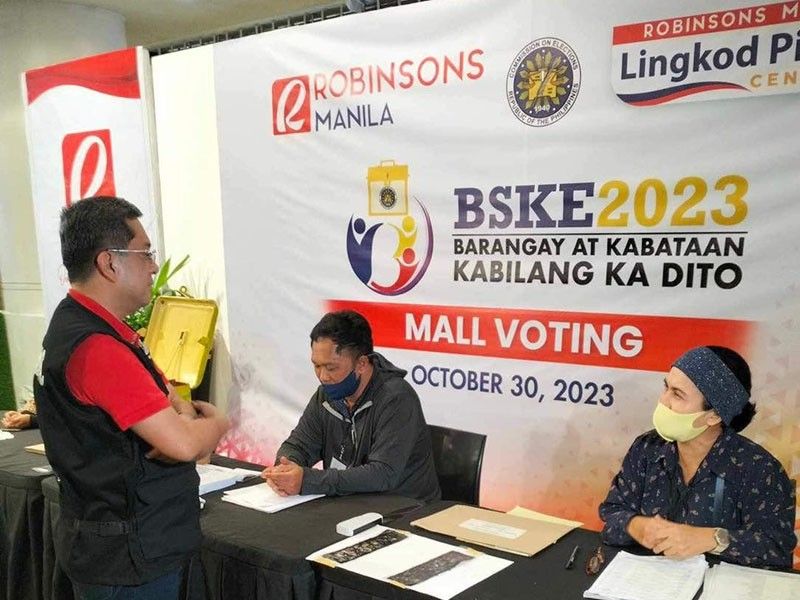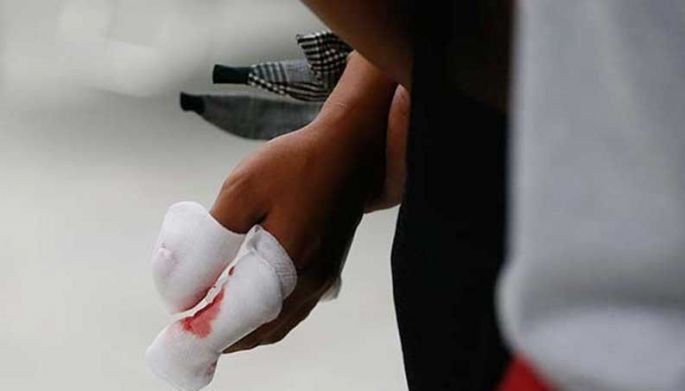Post-BSKE: Comelec eyes more mall voting sites, ‘special registration’ for next elections

MANILA, Philippines — After the conduct of the long-awaited Barangay and Sangguniang Kabataan Elections, the Commission on Elections is eyeing to permanently replace schools with malls as voting sites and to conduct a special registration period to correct incomplete voter lists.
In a press briefing, Comelec Chairperson George Garcia said that those who cast their votes in the 11 shopping centers for the 2023 BSKE gave positive feedback, making it high time to “abandon schools as polling places.”
“Voters who answered survey forms gave comments saying that ‘this is a good very experience.’ Why have we not done this before?” Garcia said in a mix of English and Filipino.
Garcia noted that the Comelec will explore the use of voting booths in the next polls instead of school armchairs after seeing some shopping centers make use of the booths.
He also proposed the conduct of a one-month special registration period that would consolidate the list of voters and ensure that there would be no more reports of missing names in precincts.
This comes after voters in some precincts complained that they could not find their name in the list of voters despite completing their registration.
“It’s always like that — names are always missing, even during the 2022 elections… That’s why we should think of a solution before the 2028 elections. Why not anul the list of voters, let’s have a special registration for one month?” Garcia said.
The proposed one-month special registration period can be held in 2026 in preparation for the 2028 national elections.
“But of course, this will require additional budget. And the fact that people will register again,” Garcia added.
The conduct of this year’s BSKE was described as “generally peaceful” by Garcia, noting only a few incidents of disruption in precincts and no widescale breakout of violence even in election hotspots.
The last BSKE was held in 2018 and was twice postponed in 2020 and 2022 — a delay that had kept millions of constituents from exercising their right to elect their village leaders, who are typically seen as the frontlines of public service in the country.
- Latest
- Trending






























